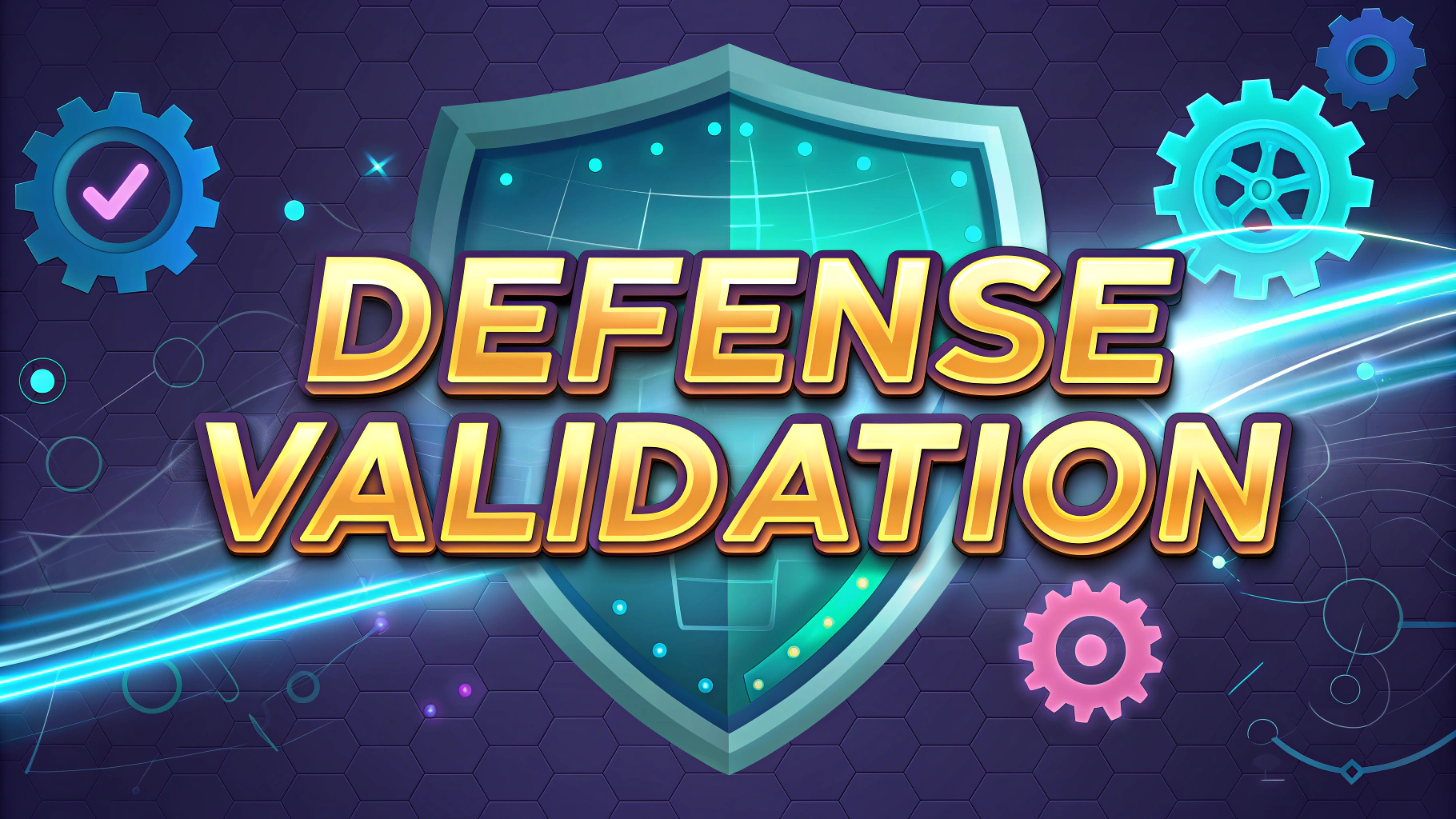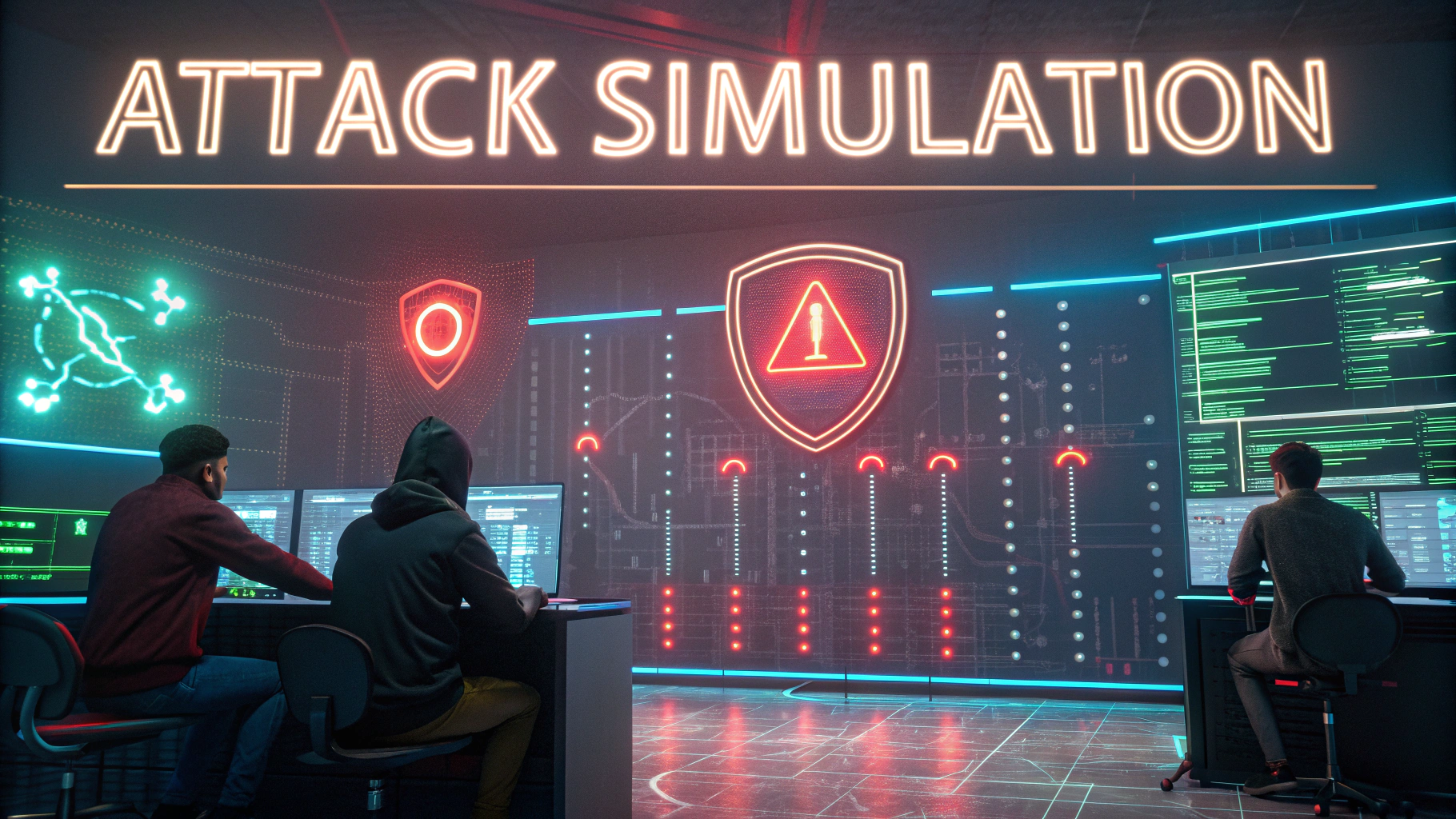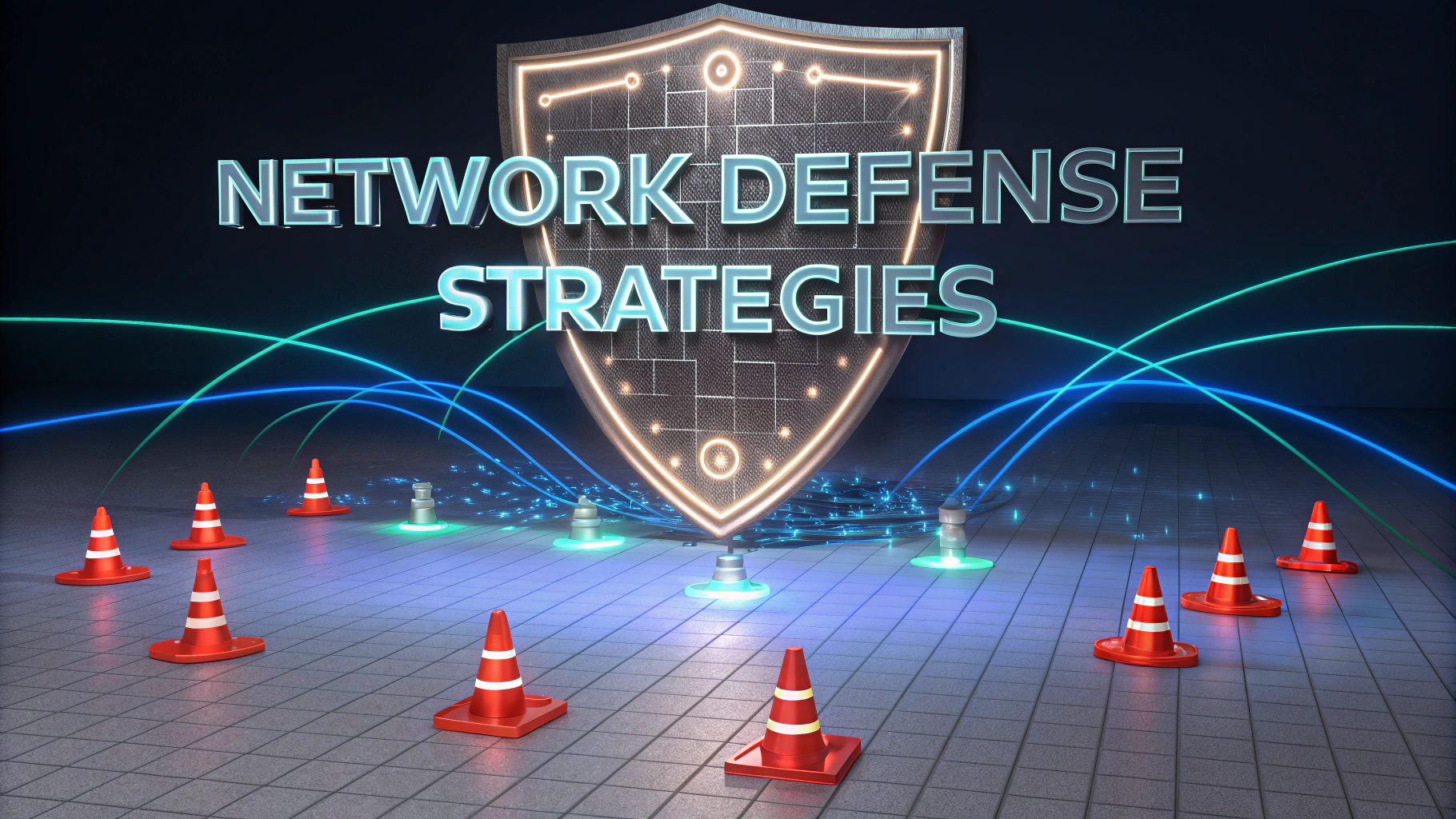Professional networking skills are essential for penetration testers to build trust, share knowledge, and create career opportunities within the cybersecurity community.
Building meaningful connections helps penetration testers stay updated on the latest security vulnerabilities, tools, and methodologies through collaborative learning and information exchange.
A strong professional network provides access to job opportunities, mentorship, and partnerships while establishing credibility in the penetration testing field.
Key Networking Platforms for Penetration Testers
- LinkedIn: Connect with security professionals, join pentest groups, share content
- Twitter/X: Follow security researchers, engage in #infosec discussions
- Discord: Join security communities, participate in CTF events
- GitHub: Collaborate on security tools, share code
Industry Events and Conferences
- DEF CON – Las Vegas, annually in August
- Black Hat – Multiple locations worldwide
- BSides – Community-driven events in various cities
- OWASP Events – Regular meetups and conferences
Building Online Presence
- Start a security blog documenting findings and research
- Create technical write-ups of CTF challenges
- Share knowledge through LinkedIn articles
- Contribute to open-source security projects
Professional Organizations
- (ISC)² – certification body and professional network
- ISACA – global professional association
- OWASP – open web application security community
Local Networking Opportunities
- Security meetups through Meetup.com
- Local chapters of security organizations
- University cybersecurity clubs
- Hackerspaces and maker communities
Building Trust and Reputation
- Maintain strict confidentiality about client engagements
- Follow responsible disclosure practices
- Share knowledge without compromising security
- Respect professional boundaries and ethics
Next Steps for Network Growth
Start by joining 2-3 online communities and attending one local security meetup each month.
Set up professional profiles on key platforms and begin sharing relevant security content.
Reach out to experienced penetration testers for mentorship opportunities through established networks.
| Resource | Link |
|---|---|
| OWASP Community | owasp.org/community |
| DEF CON Groups | defcongroups.org |
| Bugcrowd Community | bugcrowd.com/community |
Building Meaningful Engagements
- Contribute valuable insights in online discussions
- Offer help to newcomers in the field
- Share lessons learned from penetration testing experiences
- Participate actively in community projects
Developing Professional Skills
- Join mentorship programs
- Participate in bug bounty programs
- Collaborate on research projects
- Attend workshops and training sessions
Community Leadership Opportunities
- Organize local security meetups
- Lead CTF teams and events
- Moderate online security forums
- Mentor junior penetration testers
Knowledge Sharing Best Practices
- Create educational content for beginners
- Document and share new attack methodologies
- Present at security conferences
- Publish research findings responsibly
Strengthening Your Security Network
Focus on building authentic relationships within the security community through consistent engagement and valuable contributions.
Maintain active participation in both online and offline security communities to stay connected with industry developments.
Remember that networking in the penetration testing field is not just about career advancement, but about collectively improving the security landscape through collaboration and knowledge sharing.
FAQs
- What is professional networking in penetration testing?
Professional networking in penetration testing involves building connections with other security professionals, researchers, and organizations to share knowledge, opportunities, and resources within the cybersecurity community. - Which professional certifications are most valuable for networking in penetration testing?
OSCP (Offensive Security Certified Professional), CEH (Certified Ethical Hacker), CompTIA PenTest+, and GPEN (GIAC Penetration Tester) are highly recognized certifications that enhance networking opportunities. - What are the key conferences for penetration testers to network?
DEF CON, Black Hat, BSides events, SANS conferences, and regional security conferences provide excellent networking opportunities for penetration testers. - How can I connect with other penetration testers online?
Engage in platforms like LinkedIn, Twitter, GitHub, HackerOne, Bugcrowd, security forums, and Discord communities focused on penetration testing and cybersecurity. - What professional organizations should penetration testers join?
OWASP (Open Web Application Security Project), ISSA (Information Systems Security Association), and ISC�� offer valuable networking opportunities and resources. - How can I contribute to the penetration testing community?
Share research findings, participate in bug bounty programs, contribute to open-source security tools, write blog posts, and speak at security conferences. - What role do CTF (Capture The Flag) competitions play in networking?
CTF competitions provide opportunities to demonstrate skills, meet fellow professionals, and build relationships with potential employers or collaborators. - How important is maintaining confidentiality while networking in penetration testing?
Extremely important – always follow NDAs, avoid sharing sensitive client information, and maintain professional ethics when discussing work experiences. - What are the best ways to find mentorship in penetration testing?
Join mentorship programs through professional organizations, participate in security communities, attend workshops, and reach out to experienced professionals through LinkedIn. - How can I leverage GitHub for professional networking in penetration testing?
Contribute to security tools, share your own projects, follow prominent security researchers, and participate in security-focused repositories and discussions.








